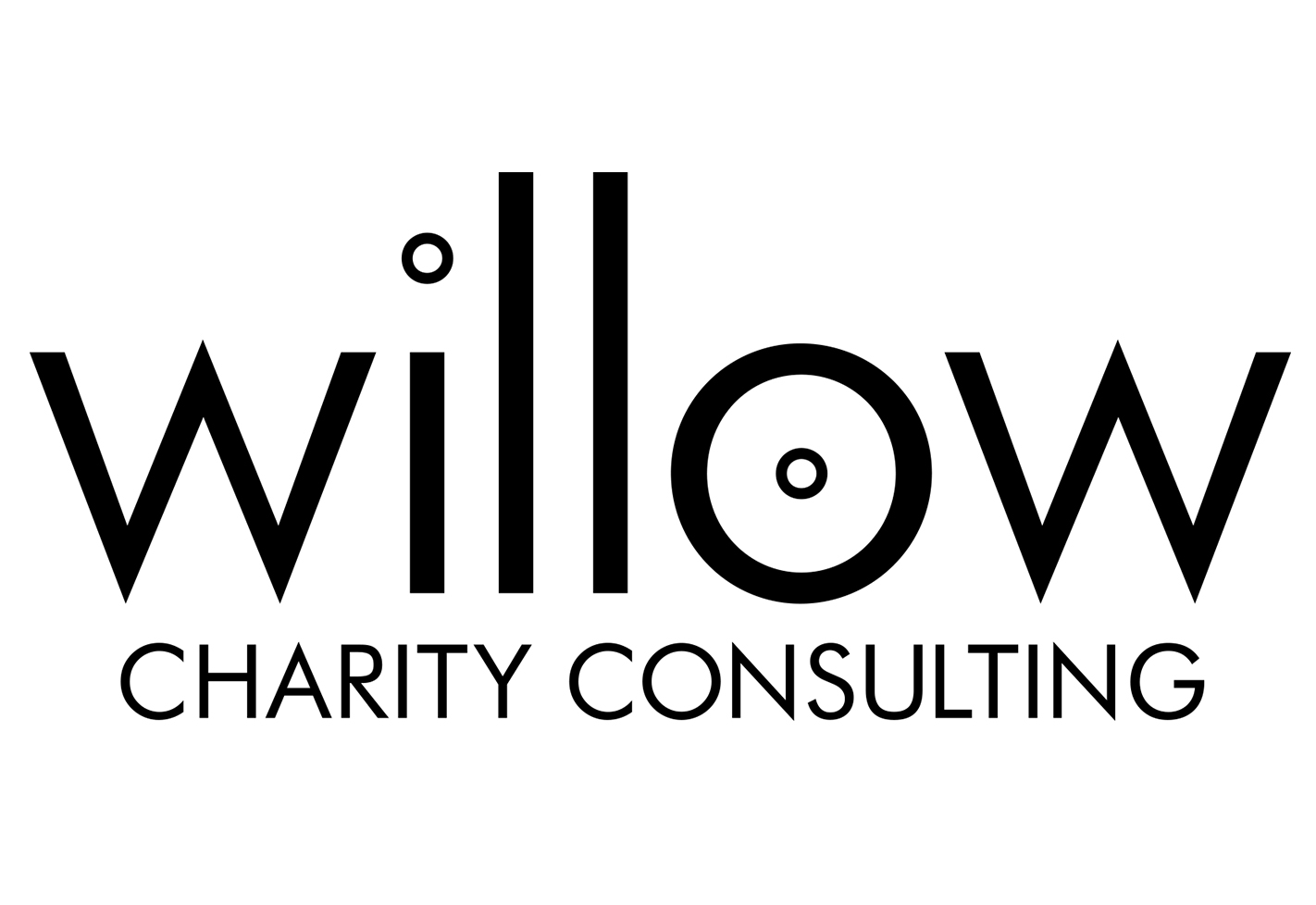Health Check Series Part 4
People are a charity’s greatest asset. More than in the commercial world, staff working at charitable organisations are often driven by the need to make a positive difference. They are also usually willing to be paid below market rates to pursue a cause they support. They will put in the extra mile, not because of a bonus or a pay rise, but because they believe in what they are doing.
As a former charity CEO, I recognised the central importance of my team in my charity’s success; but I also knew that I was responsible for ensuring that everything the charity did with them was in line with Charity Commission standards, HR best practice and employment. This meant ensuring that all the staffing essentials, such as contracts, HR policies and procedures and performance management, were in place. These efforts ensured that everyone knew where they stood and were treated fairly and transparently while also protecting the charity in case of problems.
Things can get complicated for small-to-medium charities during periods of change, such as when you first hire staff, grow, or experience a crisis. While it may not seem like a big priority at first, these kinds of changes highlight just how important it is to ensure that your staffing essentials are the best they can be.
Hiring your first staff
While most charities are run initially entirely by Trustees and volunteers, you may reach a size when you can bring in some paid support. This is often an administrator, who takes on the paperwork and organisational tasks, while Trustees continue to undertake some operational responsibilities.
That’s a positive step but, before you hire anyone as an employee, you need to ensure that you have everything in place that will apply to them. This includes contracts, performance management and appraisal systems and the basic essential HR policies. Even if your new staff member is only going to be working a few days a week, meeting these standards is important from day one.
And, even though it might seem to be a simple solution, resist the temptation to allocate responsibility for writing all these documents to your new staff member. Instead, get in an independent consultant to advise you on what you need and produce the basics, then find yourself a good employment lawyer to review what you’re proposing to implement.
Delegating to a CEO or Director
The next stage of a charity’s growth is usually when the Trustees delegate their operational responsibilities to a CEO or Director, who often leads a team of staff and volunteers. This is an extremely challenging period for any charity, and it is absolutely crucial that the Board of Trustees has clearly thought this process through before it begins recruiting.
Trustees need to understand how their own role is going to change, and to set out exactly what they expect of the CEO/Director in a clearly worded delegation of authority. Again, it is worth bringing in independent, external advice to help you craft this document. An external adviser can also help you work with the new CEO/Director as needed over the first few months to ensure that everyone concerned has the same understanding of the situation and that any teething problems are quickly resolved.
Undergoing a crisis
Crises can happen, and they can be particularly hard on a small to medium charity that may not have the financial or staffing stability of its larger peers.
The charity sector can be volatile and, if the worst happens, you may need to downsize. Ensuring you have relevant policies in place, such as those covering redundancy is absolutely crucial, and it doesn’t look good to start writing these when the going gets tough.
Other crises may involve conflicts with staff, so you will need to ensure that you have appropriate performance management, grievance and disciplinary procedures in place and, crucially, that you follow them and record everything. As before, these should be in place well in advance of any problems appearing. It is dangerous to assume that your staff will not take legal action in the event of a dispute simply because you represent a charity and you know that they support the cause. Your staff are entitled to a legal and fair employment relationship whether they work for a multinational conglomerate or a small, fledgling charity with no reserves, and respecting your responsibilities towards them will help to avoid having to call in the lawyers.
Valuing your assets
Of course, having your staffing essentials in place is not just about avoiding problems or managing conflict. With a team that knows what is expected of them through clear information, procedures and policies, alongside a robust performance management appraisal system, you will see improvements in staff satisfaction and motivation, which will have a positive effect on everything your charity is doing.

If you need practical and affordable assistance with staffing issues, or are interested in my comprehensive Charity Health Check tool which includes a review of all the issues raised in this piece, please get in touch with me. Felicia Willow, at Willow Charity Consulting.
THE HEALTH CHECK SERIES:
Part 1 Is your charity fighting fit?
Part 3 Heading in the right direction: Organisational effectiveness for small-medium charities

